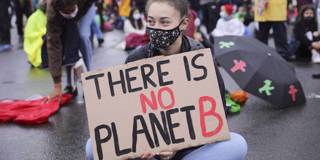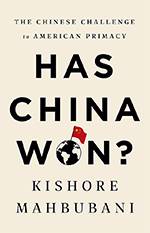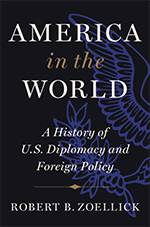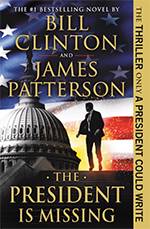OnPoint Subscriber Exclusive

Michael Spence
Says More…
This week in Say More, PS talks with Michael Spence, a Nobel laureate in economics, senior fellow at the Hoover Institution, Professor of Economics Emeritus, and former dean of the Graduate School of Business at Stanford University.
Project Syndicate: After the US presidential election, you and David W. Brady concluded that the record-breaking voter turnout was “a sign not of a healthy democracy but of an anxious one.” One factor driving that anxiety is steadily rising income and wealth inequality, which a moderate wealth tax, you wrote in 2019, could partly address. Given deep polarization, President-elect Joe Biden’s ability to change the tax code may be limited. If not a wealth tax, are there other solutions that are more amenable to the kind of bipartisan compromise some 60% of Americans crave?
Michael Spence: An interesting and important set of questions. The data suggest that the large turnout on both sides (but especially among Democrats) was driven by the desire to prevent the opposite side from winning the White House.
But this was mainly a presidential-election trend; the results of congressional and state elections were driven by different factors. Among them were most likely fast-rising income and wealth inequality – undoubtedly a major contributor to today’s economic, social, and political polarization – and distrust of elites on both sides. To reverse this trend over time, government could employ many instruments, including more progressive income taxes, low-cost delivery of high-quality public services (such as education and health care), a higher minimum wage, and greater wage-setting power for labor. Some version of a guaranteed basic income would help reduce poverty, but would not solve the whole problem.
Spence recommends
We ask all our Say More contributors to tell our readers about a few books that have impressed them recently. Here are Spence's picks:
-

Has China Won?: The Chinese Challenge to American Primacy
by Kishore Mahbubani
Mahbubani offers an even-handed analysis of the various ways the US-China rivalry could play out. His assessment of the biases and mistakes on both sides is both brutal and crucial; it will take most readers out of their comfort zone. Notwithstanding the book’s title, it is fairly clear by the end that, in Mahbubani’s view, either everyone – China, the US, and the rest of the world – wins or no one wins. It is an important book at a pivotal moment in history.
-

America in the World: A History of US Diplomacy and Foreign Policy
by Robert B. Zoellick
Over the years, I have learned a great deal about US history and foreign and economic policy from Bob Zoellick. He has distilled much of his insight and experience into this book. For those who, like me, lack deep experience in foreign affairs, it is a must-read.
-

The President is Missing
by James Patterson and Bill Clinton
This book is not new – it was published in 2018 – but I recently reread it, partly because it is entertaining, but mainly because it deals with the vulnerabilities that arise from our economy’s increasingly digital foundations. Especially interesting to me was the focus on the economy’s dependence on the integrity and security of the data (now almost entirely digital) that underpin it.
From the PS Archive
From 2018
In “The Missing Ingredients of Growth,” Spence and Karen Karniol-Tambour worry that governments are neglecting the fundamental factors that drive strong economic performance. Read more.
From 2017
In “How to Be an Open Economy,” Spence counsels policymakers on how to manage the structural changes caused by trade and technology. Read more.
Around the web
In a recent interview, Spence discusses the pandemic’s economic impact, and his expectations for Biden’s domestic and foreign policy. Watch the video.
In this Bloomberg podcast, Spence shares insights into the work of Paul Milgrom and Robert B. Wilson, after their discoveries were recognized with the 2020 Nobel Prize in Economic Sciences. Listen to the podcast.